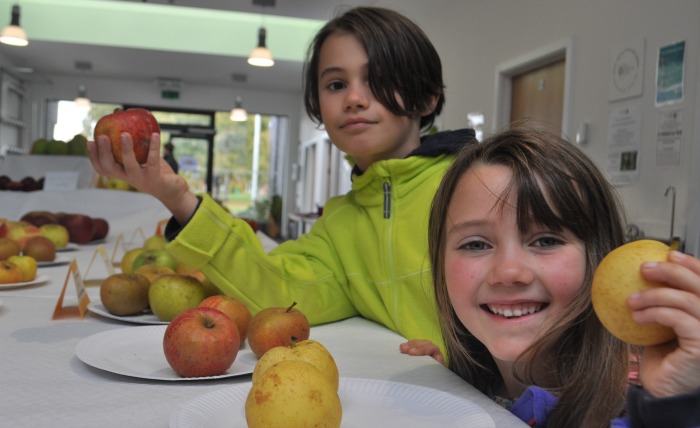
Hundreds of Nantwich families got to the core of fruit growing at Reaseheath College’s popular apple festival.
The fruity event, held at the Nantwich college for the 25th consecutive year, featured 110 rare varieties of apples and pears, some dating back to Roman times and some of more recent origin.
It was organised by horticultural lecturer Anne Harrison and the college’s Royal Horticultural Society students helped to prepare the display.
Fruit experts Derek Jones and Harry Delaney were kept busy identifying apple varieties, answering queries on the production of apples and other fruits and suggesting answers to problems such as the control of pests and diseases.
They also offered advice on the selection, growth, pruning and propagation of fruit trees.
Visitors were also able to tour the cutting edge commercial glasshouses in the National Centre for Horticulture, the Environment and Sustainable Technology.
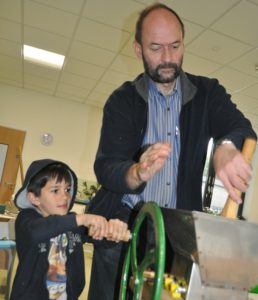 Many families arrived with fruit and foliage for identification or delivered their own apples for juicing.
Many families arrived with fruit and foliage for identification or delivered their own apples for juicing.
One of the most exciting varieties was ‘Api’ from the Trafford Drive Allotments’ Community Orchard, Timperley, brought in by committee member Mary Eastwood.
One of the oldest varieties in existence, Api originates from Kazakhstan and was enjoyed by travellers and animals on the Silk Road thousands of years ago.
More than 6,000 different varieties have been bred from this apple.
Other rare varieties on show included Millicent Barnes, raised in Chester in 1903, and Bee Bench, which is local to the Nantwich area.
The apples came from an orchard set up by the late Tony Gentil near Nantwich.
Harry Delaney said: “The English apple is part of our national heritage and though some species have been lost forever, the festival gives us the chance to think about the huge number of varieties we have left and how we ought to preserve them.
“The event was very successful and there was a lot of interest from local families, many of whom were interested in identifying and learning how to care for old fruit trees they have inherited.”
(Pics: Jacinta and Tamara Brackley from Sandbach show off their apple juice; Harry Delaney and Mary Eastwood discuss the ancient ‘Api’ apple; Max and Maya Adams from Shrewsbury with some show apples; Max Brackley, aged six, and allotment holder Gary Hewins use the apple shredder)
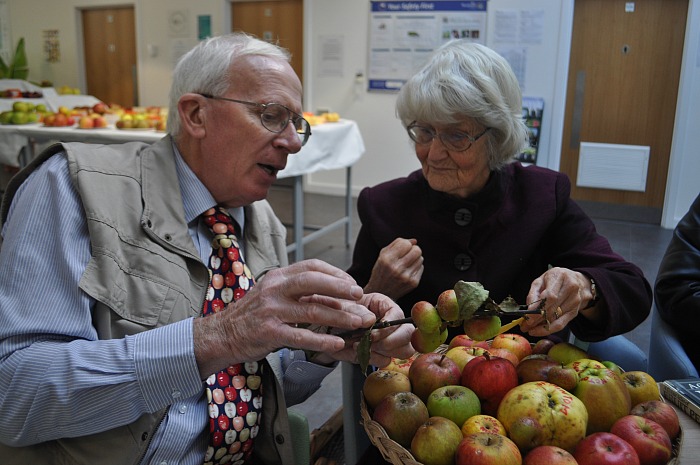
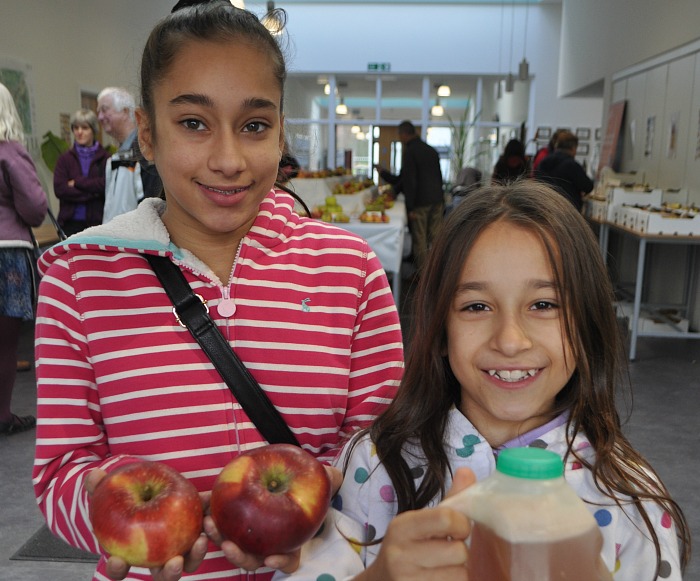
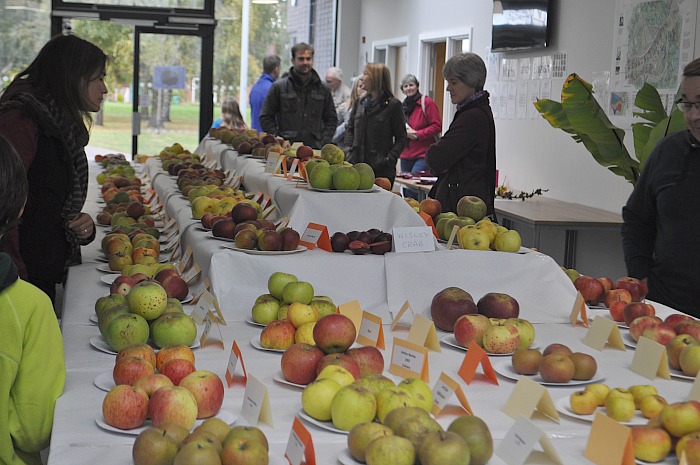















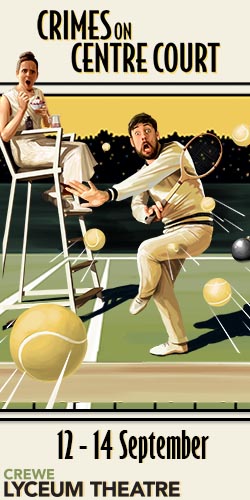





Recent Comments